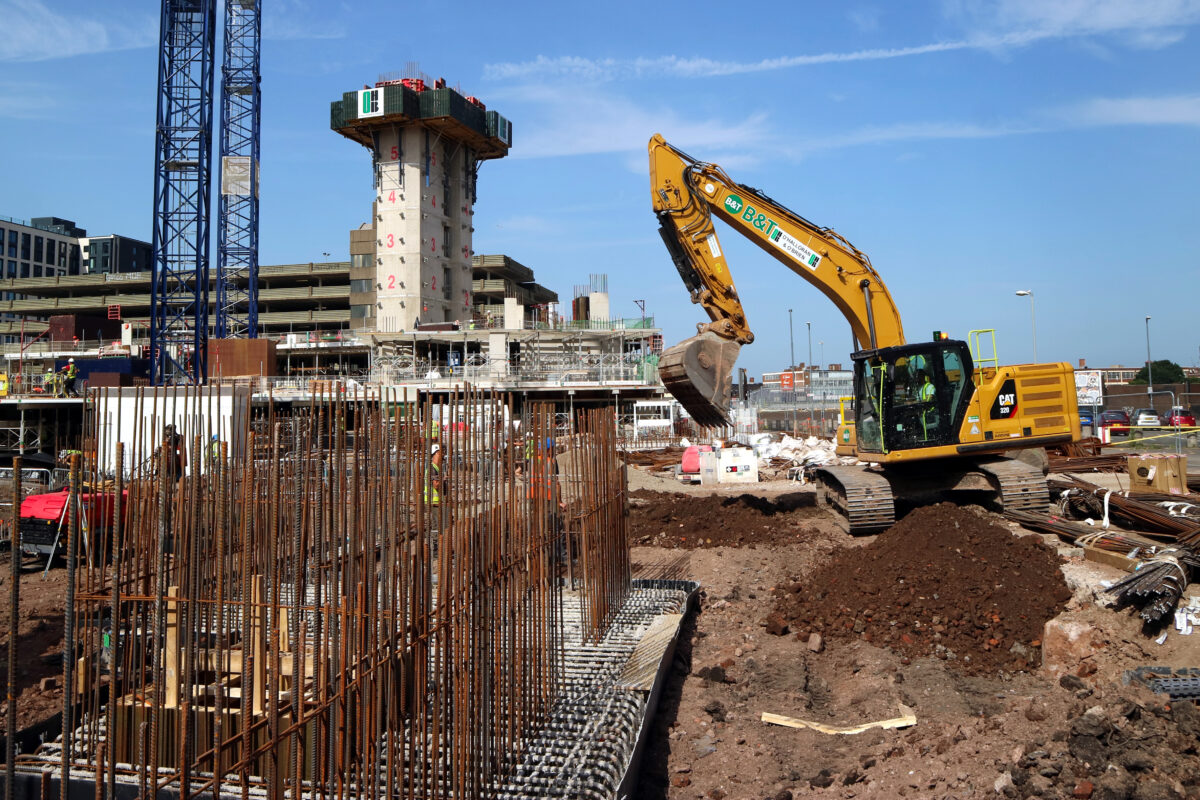Waste clay from HS2 could be used to help create concrete, with engineers interested in setting up a giant clay oven at the projects site so that they can bake some of the clay to produce it.
Speaking to The Guardian newspaper consultancy firm Arup’s Heleni Pantelidou said: “Trying to turn clay spoil into a resource is not a new thing – the whole of London is made by bricks, of course.”
She also explained that this is more complicated nowadays due to modern tunnel building techniques but said the principle of using resources near to the site is becoming more popular again.
The news comes in the wake of Prime Minister Rishi Sunak’s announcement that he would scrap the Manchester leg of the HS2 project, meaning that it will now stop at Birmingham.
It is estimated that HS2 will produce over a million tonnes of waste clay. In 2021 the firm lost 1,600 cubic metres of highly polluting bentonite, or clay slurry which was then deposited into an aquifer.
Subscribe to Sustainability Beat for free
Sign up here to get the latest sustainability news sent straight to your inbox every day
While producing clay by baking is still polluting, it is less polluting than producing traditional portland clay according to some experts.
Scientists at RMIT university in Melbourne recently conducted an experiment which showed that coffee grounds could help make stronger concrete, reduce the amount of coffee that is sent to landfill whilst polluting less.
Overall, the property industry is responsible for over 40% of global emissions, with construction using 50 billion tonnes of natural sand.
Developers, NGOs and thinktanks including the UK Green Building Society have recently criticised the Prime Minister’s net zero u-turn, and has called on the government to invest in better insulating for houses as well as upgrading infrastructure in the UK’s towns and cities to be more climate friendly.















